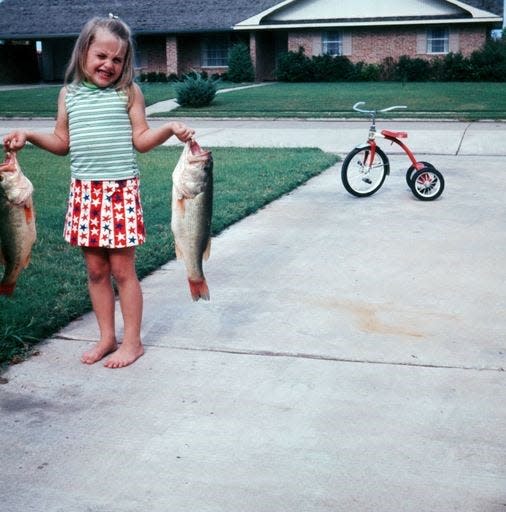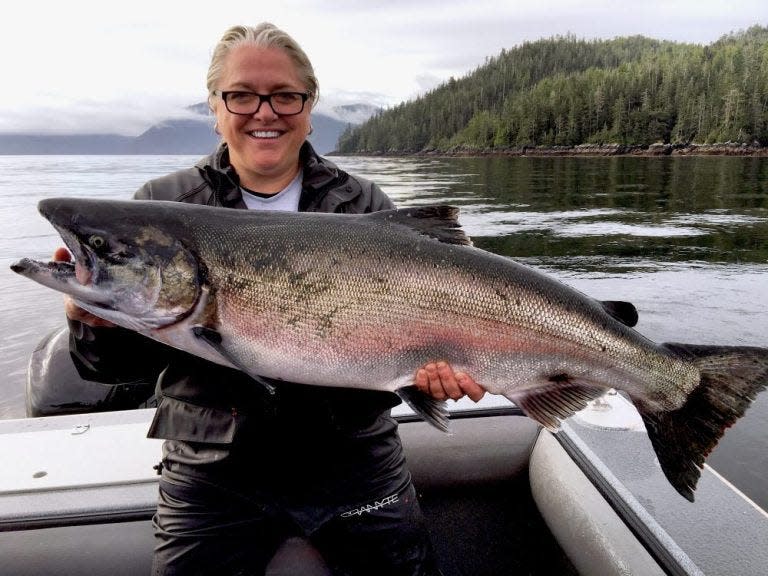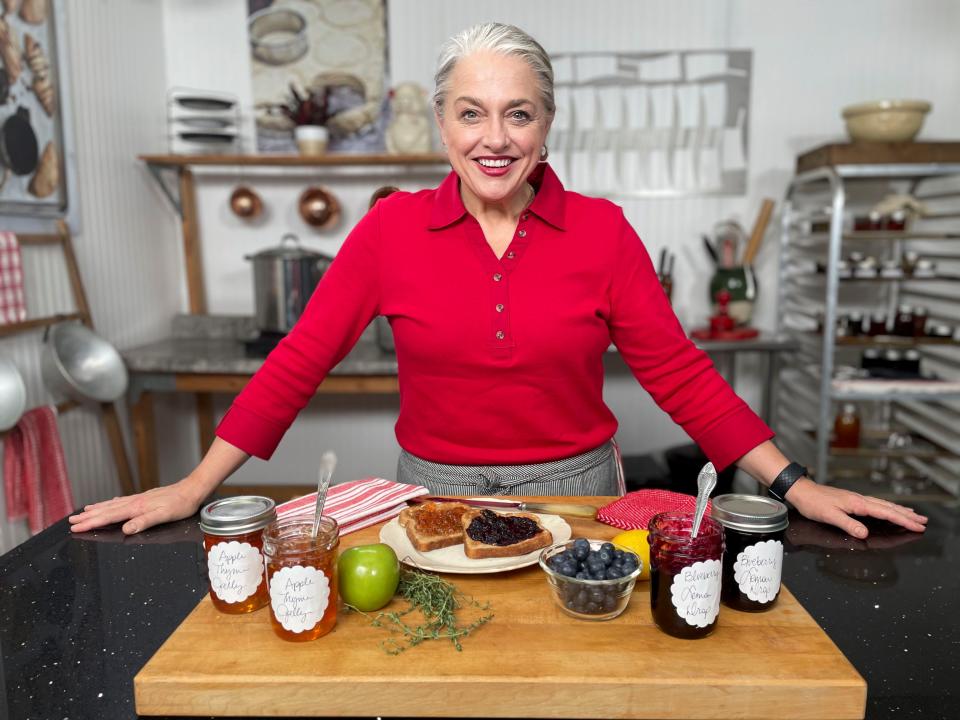Did slave labor catch your catfish? You can't be sure: Food Network chef Virginia Willis

The first time I caught a fish, I was three years old and became so excited that I jumped out of my diaper. From that moment, I was hooked. My grandfather showed me the ropes, teaching me how to do everything from tying a hook to skinning a catfish. Most importantly, he taught me to respect the water and the wildlife that made our fishing passion possible. As a result, I have been catching, cooking and eating seafood for most of my life.
If you have seen me on television or read one of my cookbooks, you know this to be true. When I became a chef, I was excited to share my passion with others through my recipes inspired by my grandmother’s cooking. I also became curious about the food I was preparing and where it came from. As I learned more about seafood, and read the book “Cod: A Biography of the Fish that Changed the World,” it became apparent to me that we were not giving the ocean the same respect my grandfather had taught me to have for our family pond.
Chefs and consumers alike need accurate, reliable information to make sustainable choices that support a healthy ocean. I work closely with the Monterey Bay Aquarium Seafood Watch program to ensure that the shrimp, salmon and all the seafood I suggest in my recipes are sustainably harvested. The United States has a transparent, sustainable and science-based management system that gives me confidence in U.S. fisheries.
Unfortunately, between 70-85% of the seafood consumed in the U.S. is either caught or processed overseas where there is far less accountability. That means most of the fish at grocery stores and restaurants arrive with little to no information about their origins. It is difficult for chefs and consumers to make informed choices if we do not know where the fish came from or whether it was harvested legally or sustainably. In some cases, we don’t even know what species it is.
USA TODAY Opinion in your inbox: Get analysis, insight in our daily newsletter
Slave-labor seafood
Experts estimate that illegal, unreported and unregulated fishing is a global problem, costing as much as tens of billions of dollars a year. Even more concerning, there is increasing evidence that imported seafood has been linked to human rights abuses including slavery. These threats to our ocean, global food security and decent working conditions are wrong and unacceptable.
Can't eat just one? That's the idea: Raiding your cupboards like a vending machine? Big Food is feeding our snack addiction.
U.S. federal agencies have broad authority to prevent illegal seafood imports. Unfortunately, many agencies either lack resources or are not using their authority effectively, resulting in illegal seafood entering our markets and ending up on our tables. In fact, a recent investigation by the U.S. International Trade Commission found that we imported at least $2.4 billion worth of illegal seafood in 2019, some of which was caught or processed using forced or child labor. That means your can of tuna or all-you-can-eat shrimp buffet may have been harvested by the hands of enslaved workers, forced to work at sea under inhumane conditions.

Illegal seafood also affects U.S. fishermen, like our own fishing fleet in Darien, Georgia, who employ fair labor practices and abide by the law. However, in the global marketplace, they are on an uneven playing field and have to compete with cheap, low-quality seafood that doesn’t follow the same rules.
Bait-to-plate legislation
As the largest importer of seafood, behind only the European Union, the U.S. can use our market influence to bring an end to illegal fishing. But we can’t do it alone. We need our government to do their part. That’s why I am grateful that Congress is taking action to strengthen our laws and provide the resources to stop this seafood from entering our borders.
Connie Schultz: Being a grandma, delivering life lessons wrapped in love, requires a strong woman with a dash of silly
The bipartisan Illegal Fishing and Forced Labor Prevention Act, introduced by Representatives Jared Huffman (D-Calif.) and Garrett Graves (R-La.), would provide federal agencies with the tools they need to better determine where and how imported seafood is caught and whether human trafficking, children, or forced labor were involved. It would require more scrutiny of all seafood entering the U.S. and expand the requirements for tracking fish from the time it is caught to when it is served on your plate.

We should be confident that the seafood we eat is sustainably and legally caught, which is why we desperately need this “bait-to-plate” legislation. Chefs and seafood consumers can join me to demand more transparency that is good for the ocean and protects human rights around the world.
Virginia Willis is a Georgia-born chef on Food Network Kitchen, James Beard award winner and the author of "Secrets of the Southern Table: A Food Lover’s Tour of the Global South."
You can read diverse opinions from our Board of Contributors and other writers on the Opinion front page, on Twitter @usatodayopinion and in our daily Opinion newsletter. To respond to a column, submit a comment to letters@usatoday.com.
This article originally appeared on USA TODAY: Imported fishing connected to slavery, trafficking: Food Network chef

